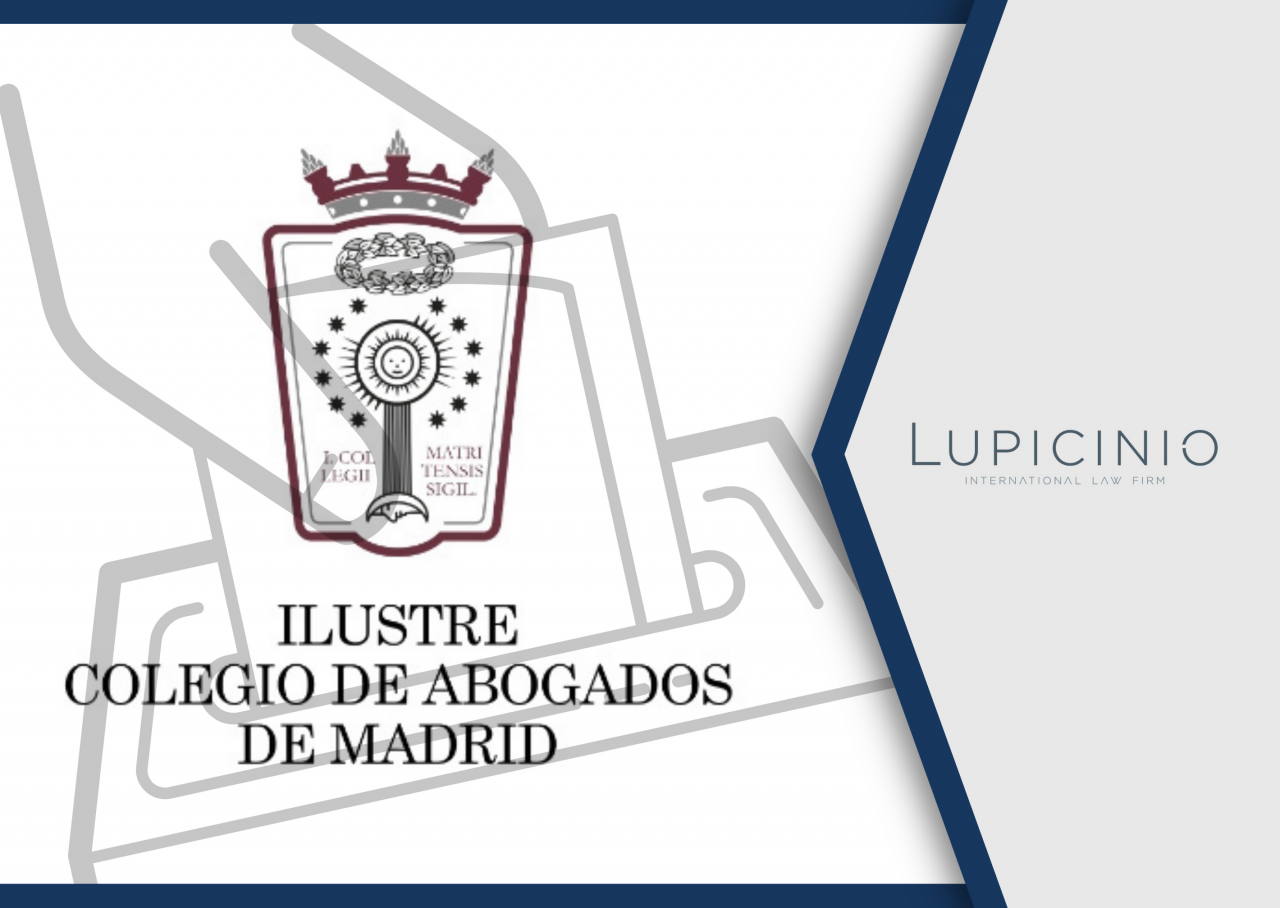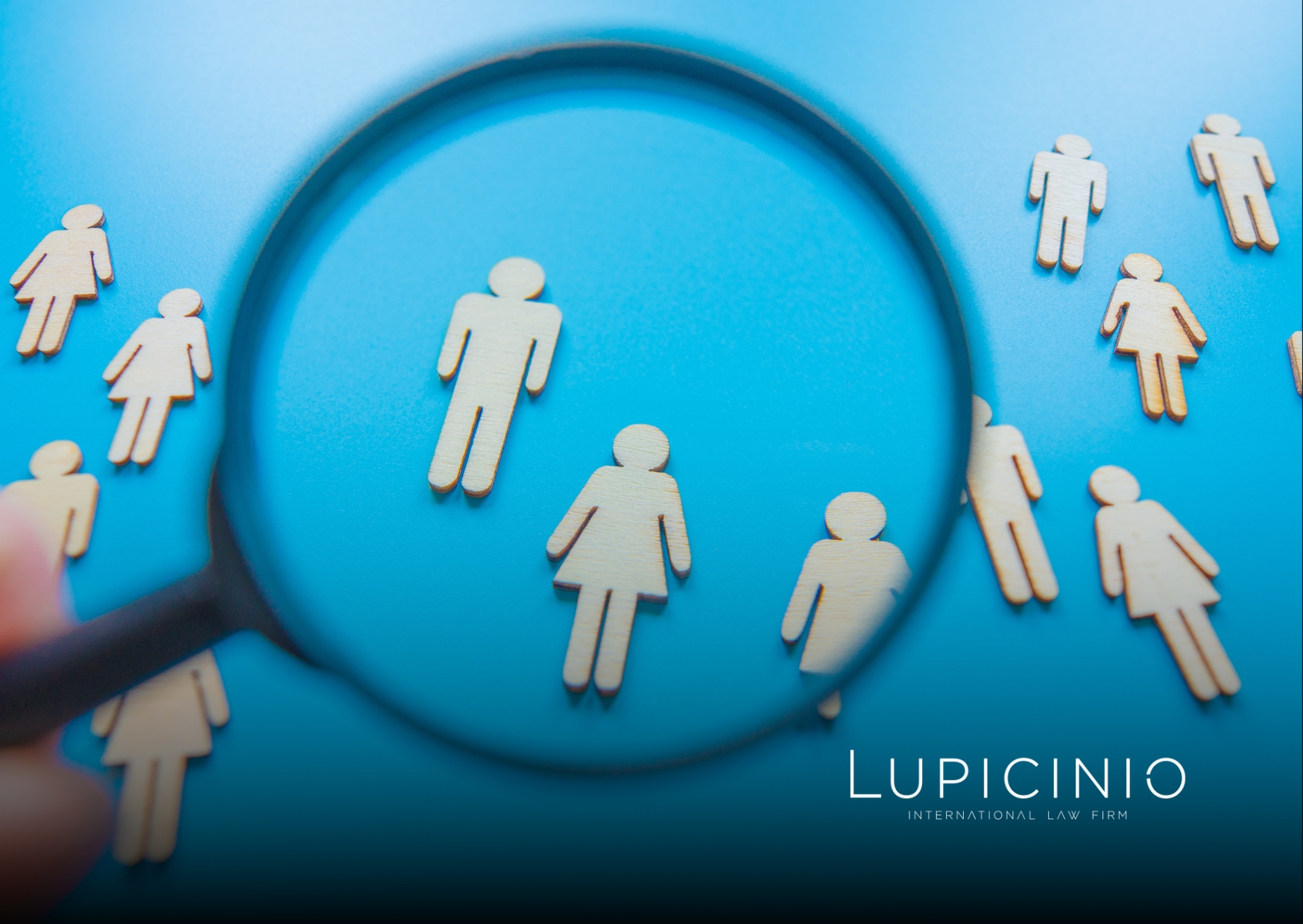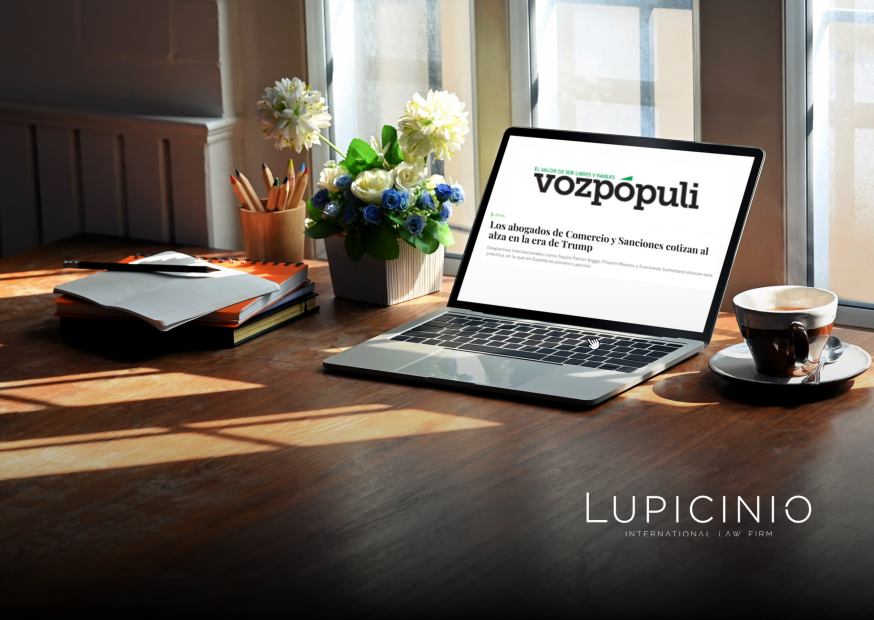Candidates that abounded in the same topics: reaffirming transparency. Re-emphasising the legal profession and the support for young people. Regurgitating the dignity of the profession…
And as a consequence, probably the same conclusion: very low turnout. Enormous apathy. Collegial abyss.
Not a single candidate has come up with a proposal that would generate a headline with real substance. For example: Sale of ancillary real estate to finance a physical and also digitised library of impressive dimensions. Or to finance a space for a restaurant for fraternisation between lawyers and other social spaces. Or to significantly reduce the fees for young lawyers and to support entrepreneurs.
There has been a lack of a stipulation, a solemn promise to solve with regulatory firmness the drama of non-conciliation, supporting parents’ professional careers. Or to address the anti-competitive practices – dumping – of certain opulent firms. Or to confront – for the benefit of society – the frontal or lateral – but already consolidated – incursion of big audit firms into forensic or advisory law.
In short: everything will continue as before. Perhaps the boldness of Juan Gonzalo Ospina’s youth will bring us some collegiate joy. Or perhaps the consolidated maturity of the candidate Eugenio Ribón will bring about some significant change.
Actually, the projects are all similar.
In an Institution such as the Madrid Bar Association (ICAM), a liberal electoral system (and therefore excluding the losers) makes little sense. It would make much more sense to reform the rules to promote mechanisms of direct and participatory democracy so that all candidates with a reasonable percentage of votes would participate cooperatively in the governance of the Colleges. A full-time dedicated – and reasonably remunerated – rotating presidency would underpin the democratisation of the system.
This new architecture of participation- direct democracy with technological support – would allow a permanent hearing of all opinions. And it would generate a general unrestricted dialogue that would increase lawyers’ trust in their institutions. It would produce a natural permanent control of management and greater transparency. Members would identify with their management bodies. We would cultivate consensus between different feelings or positions. We would be an example for the Spanish political class, which has become monstrously and increasingly confrontational.
The (rationally) access of all candidates to the management of Madrid’s legal profession… would have been the great headline of these elections.
This article can be read at Expansión (Only Spanish)
******
More information:
Lupicinio International Law Firm
C/ Villanueva 29
28001 Madrid
P: +34 91 436 00 90
info@lupicinio.com







